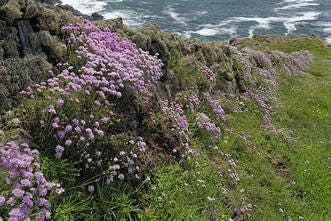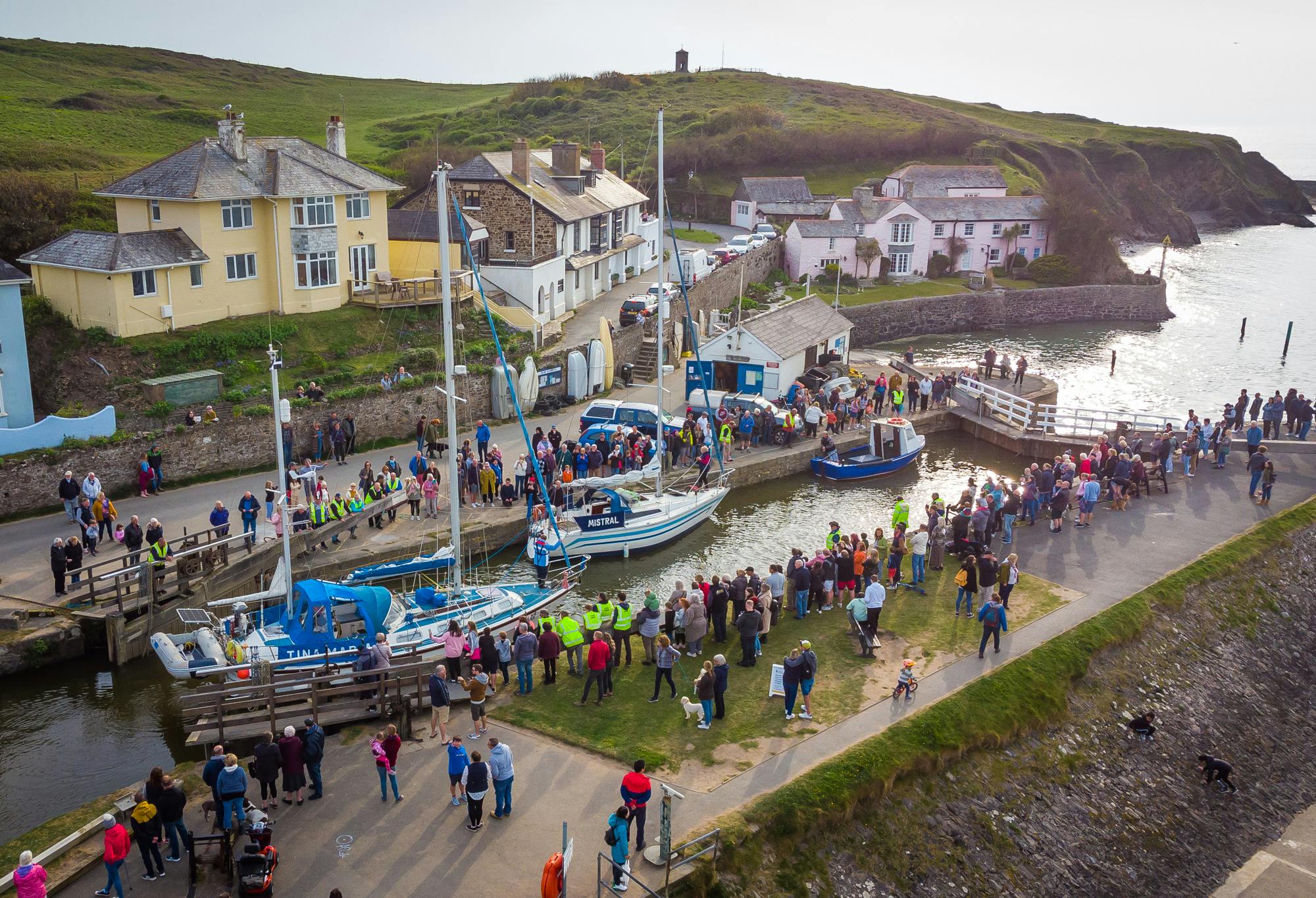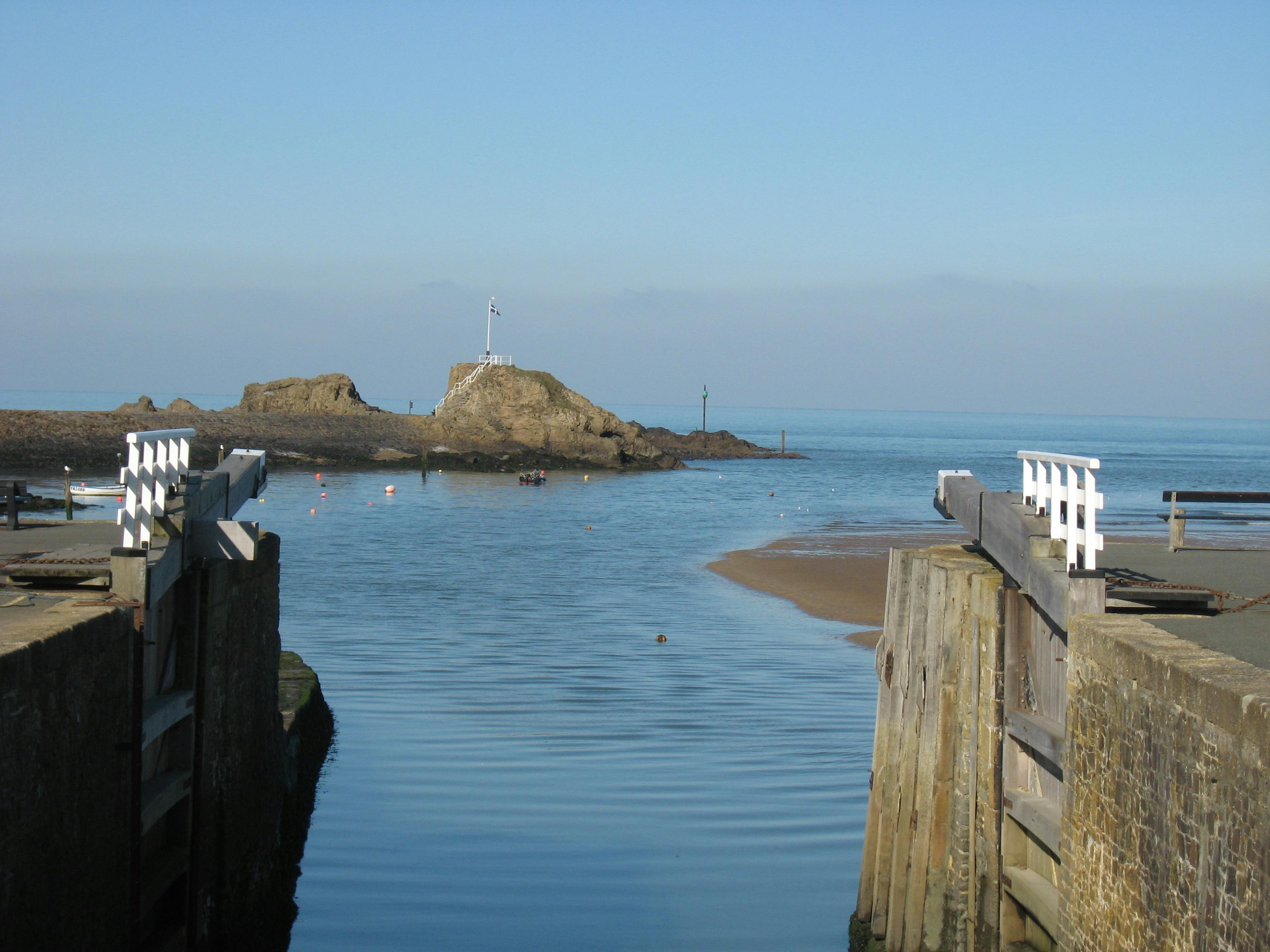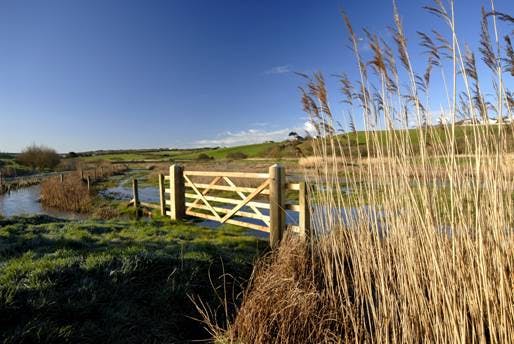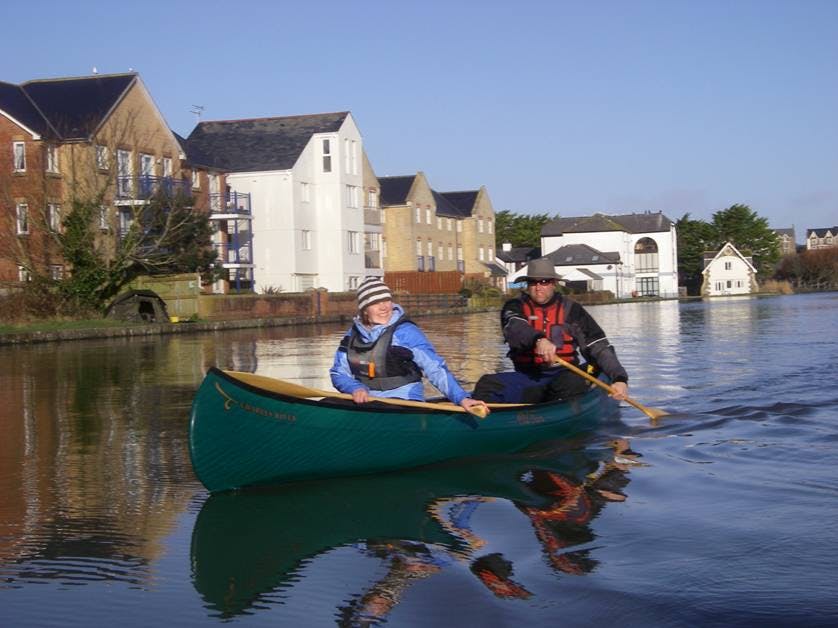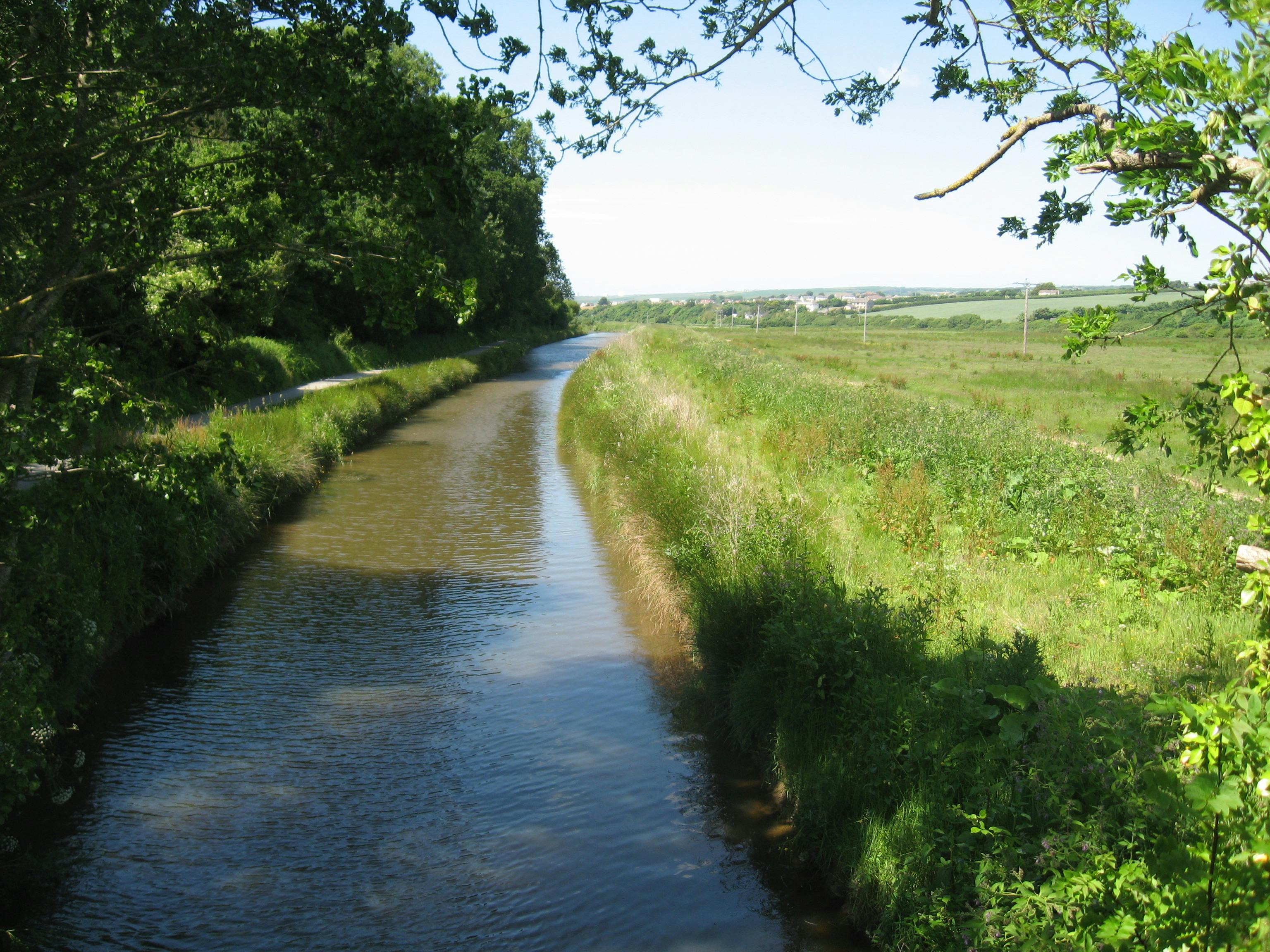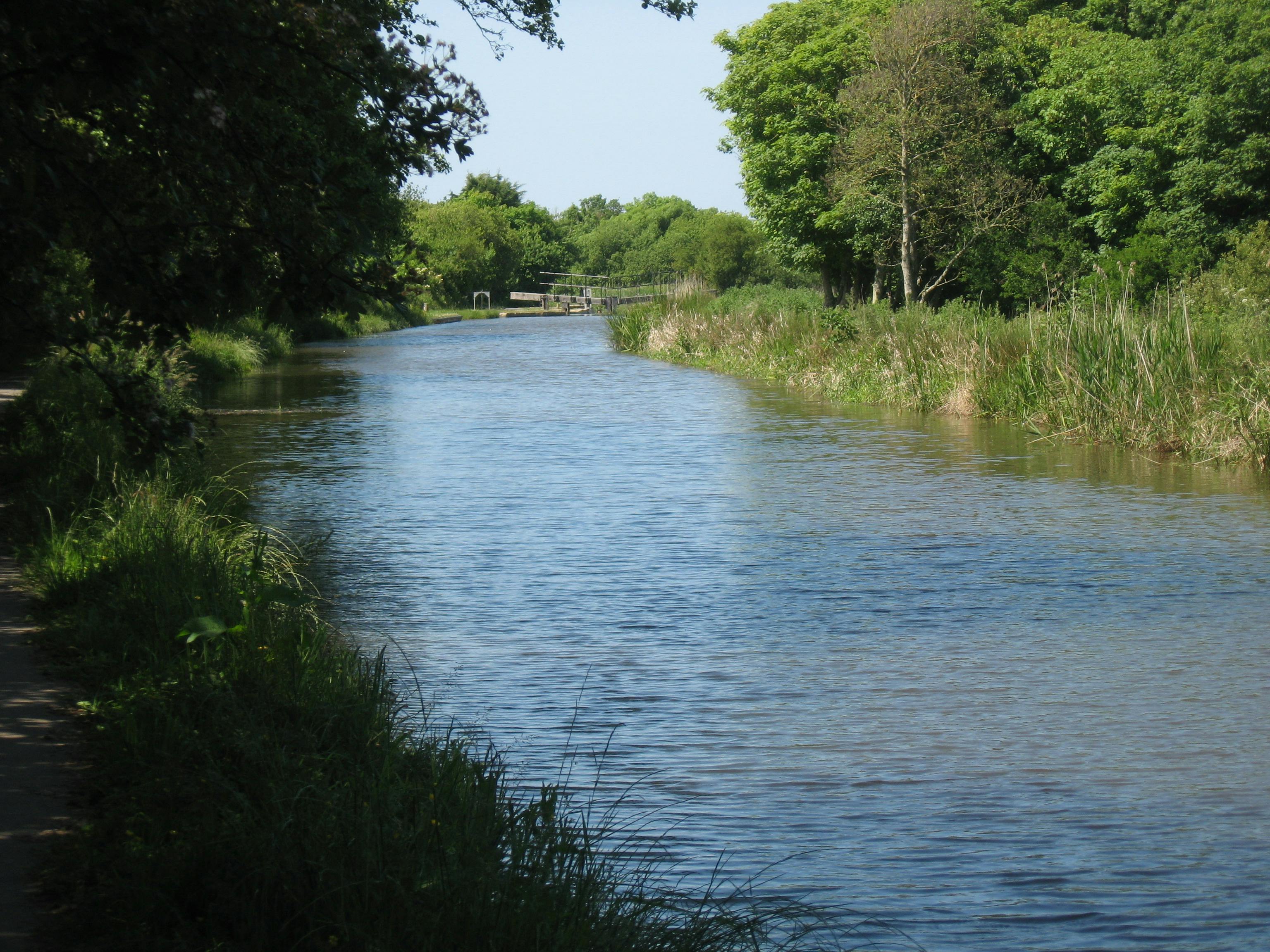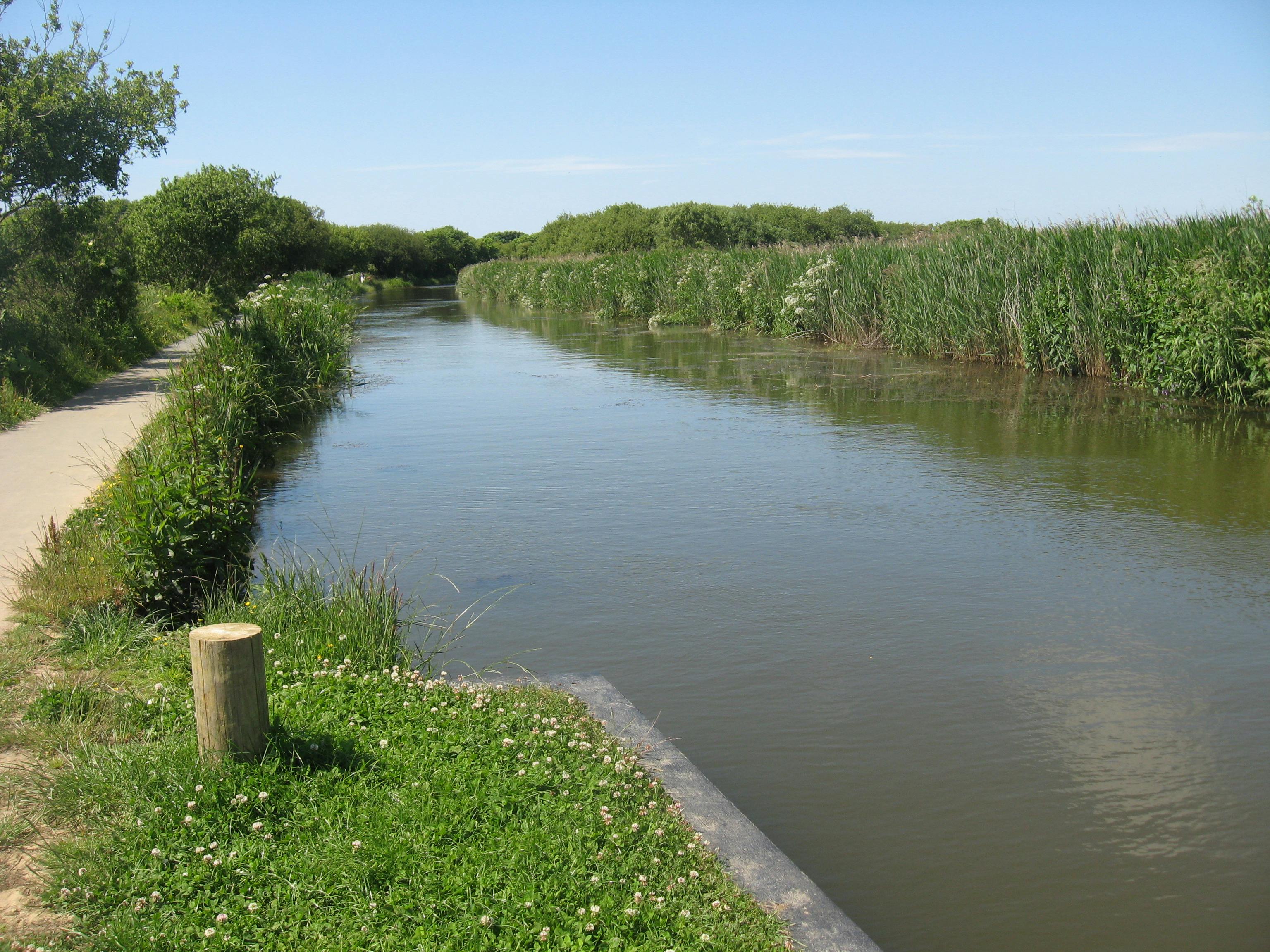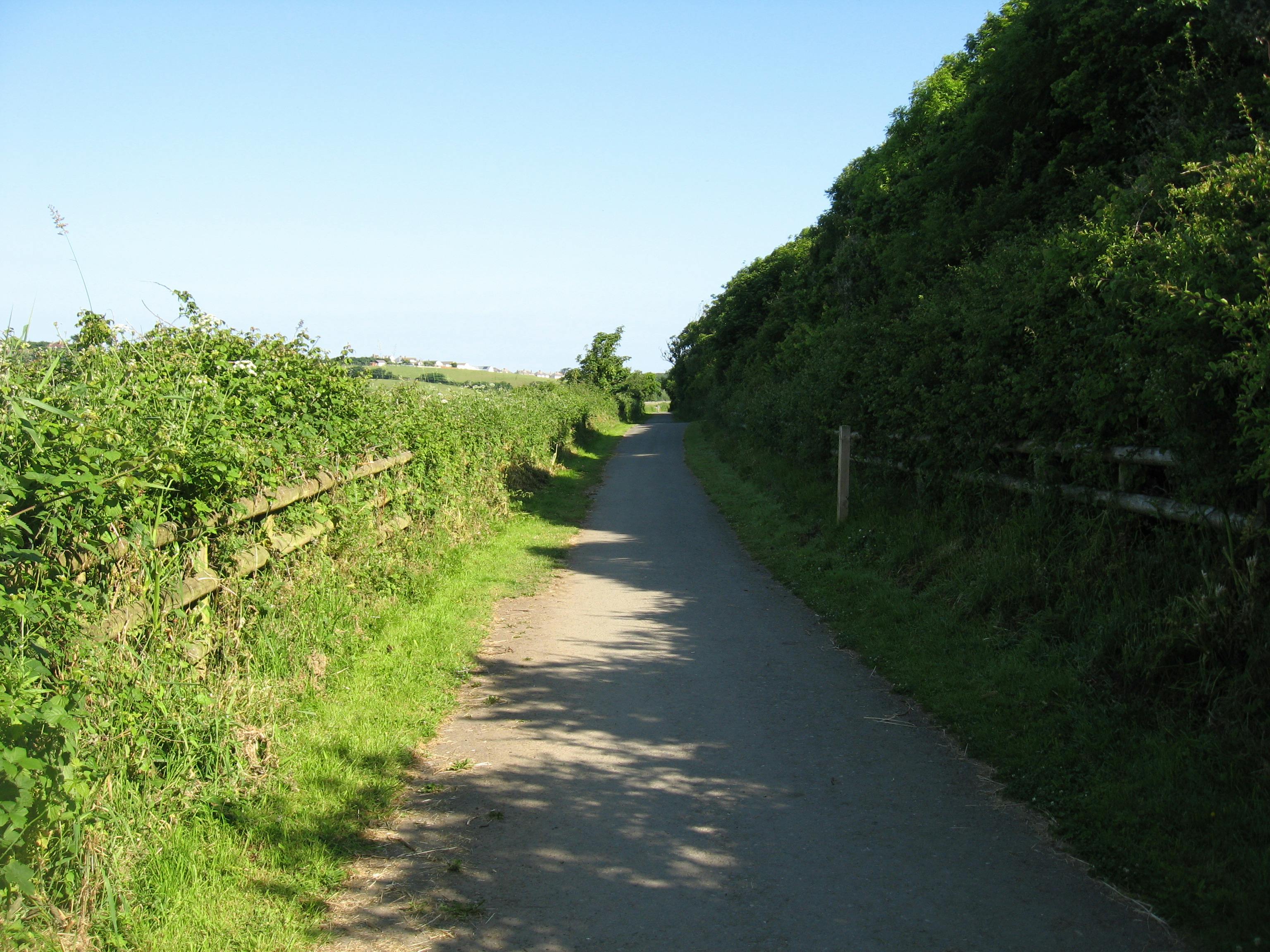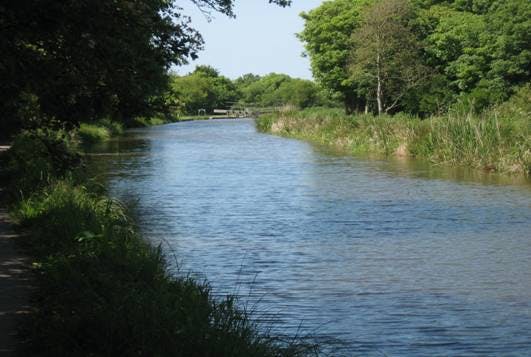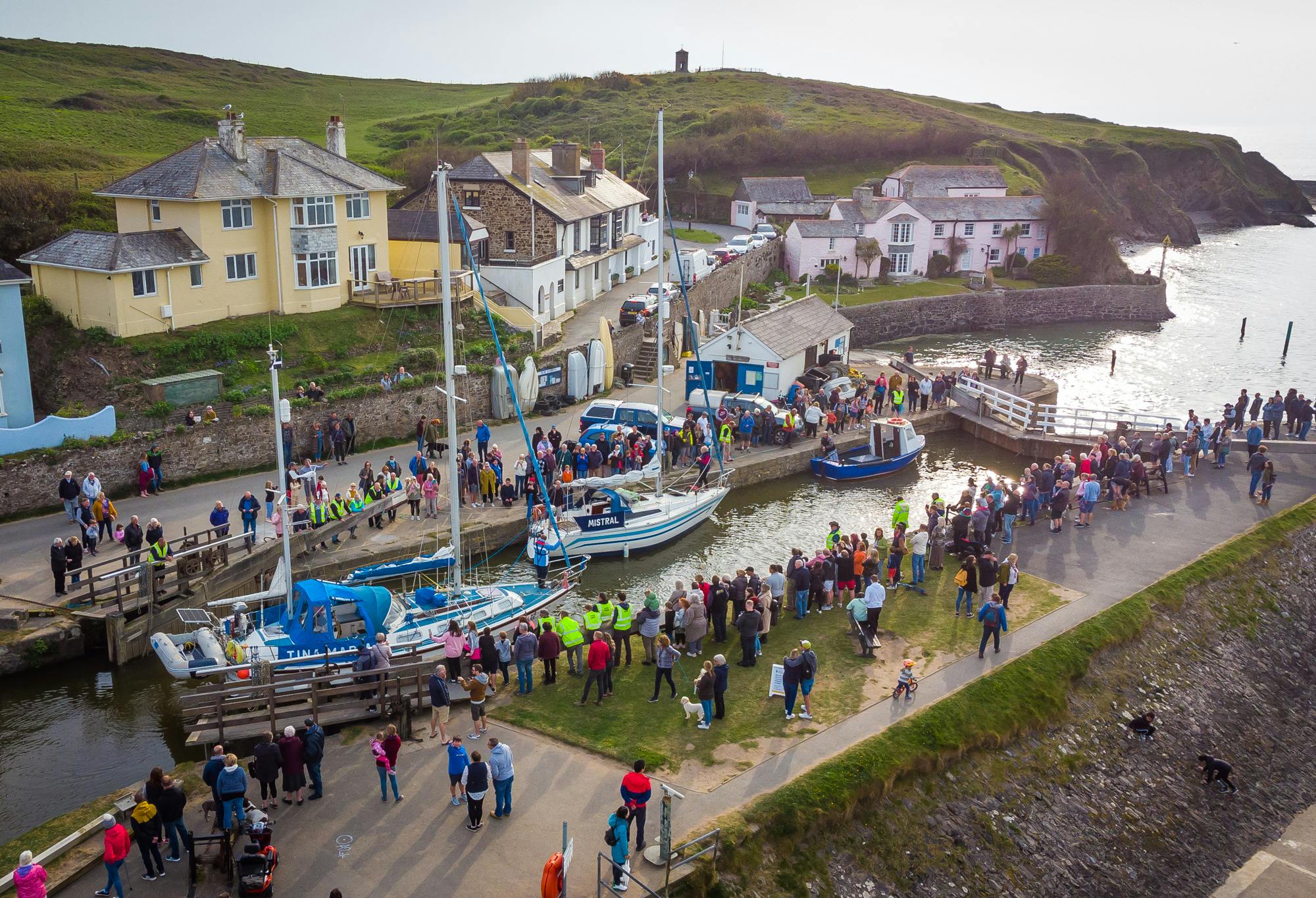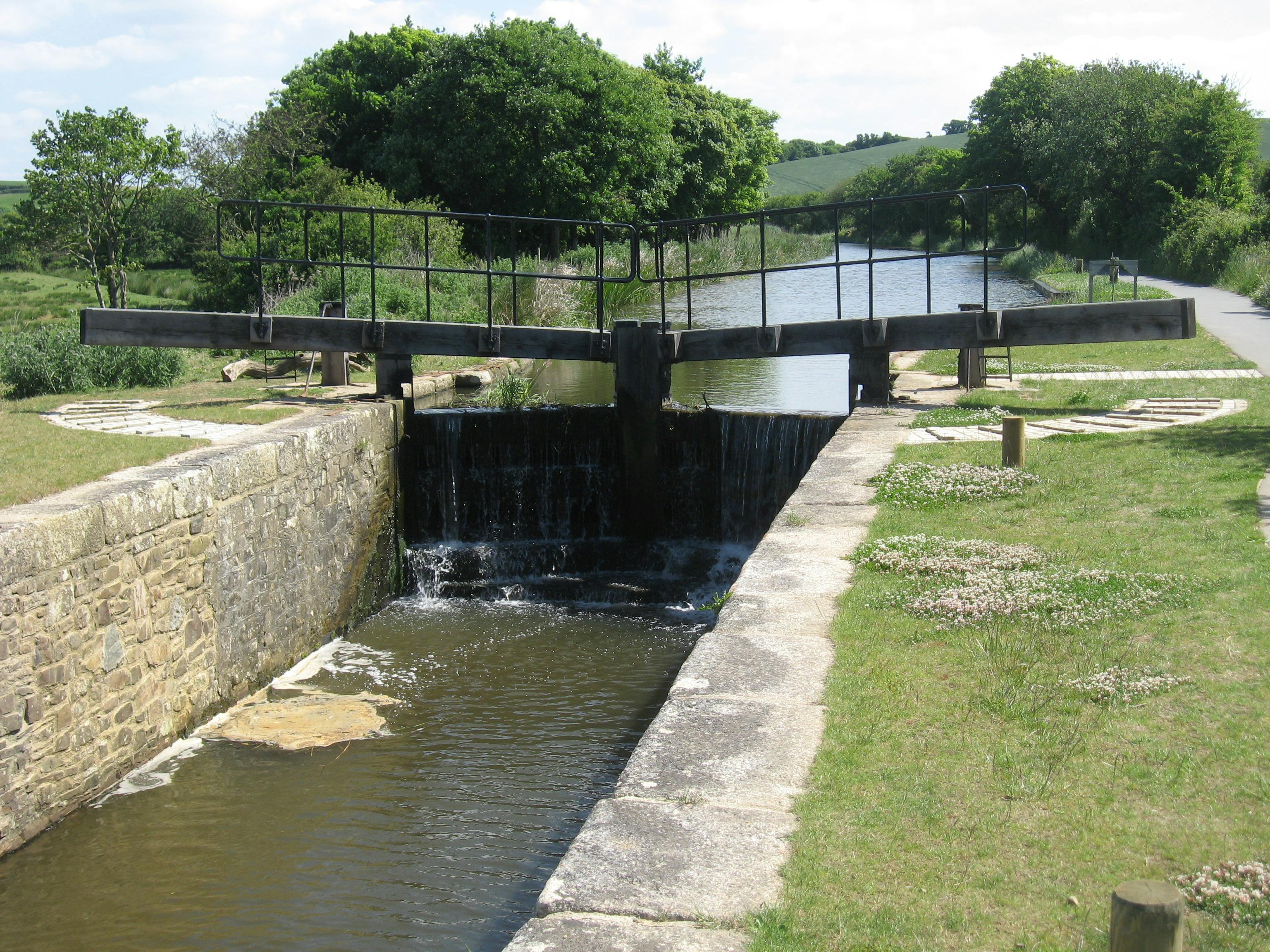Welcome to the Bude Canal and Harbour Engagement Platform
The Bude Canal and Harbour are iconic landmarks, supporting a range of land and water-based activities as well as providing a home for some of our rarest wildlife. They are a fantastic resource for the local community and put Bude on the map as a unique destination. Cornwall Council is proud to manage this special place and is committed to safeguarding it for current and future users.
On this page you can find regular updates providing the latest news and advice about the canal and harbour as well as background information to help you make the most of any visit.
Bude Canal Today
Constructed under an Act of Parliament between 1819 and 1825, the original 35.5 miles of canal was just part of John Edyvean’s (c.1770’s) ambitious 95-mile concept to join with the River Tamar. The canal was unique, in that it was constructed for agricultural purposes, transporting sea-sand to be applied as a soil conditioner and liming agent; a practice that fell away in subsequent decades as chemical fertiliser overtook.
Today only a short section of c. 1.8 miles from the harbour to Whalesbrough remains watered. With the upper canal reaches mostly dry, it no longer receives water from Lower Tamar Lakes, but instead relies on the rivers Strat and Neet, which flow through catchments dominated by improved grassland and arable cropping.
The canal and harbour are one Bude's foremost amenity spaces. A level tow-path provides an accessible route from the town to the surrounding countryside. The harbour and canal support small-scale commercial fishing, a coarse fishery, water-based activities and provide an attractive setting for canal-side food and retail outlets and accommodation.
This page is intended to help keep the community informed about the canal, providing updates and a place to ask questions. It has been developed in partnership between Cornwall Council Countryside and Maritime Teams, and we are pleased to work with a wide range of stakeholders involved in the canal and harbour through the Bude Valley Management Advisory Group:
Please note that the principle source of information for Bude Harbour is found at the following links:
- Bude Harbour News (select Bude filter) – News - Cornwall Harbours
- General information - Bude - Cornwall Harbours
The Bude Canal Dredging Programme referenced on this platform is part-funded] by the UK Government through the UK Shared Prosperity Fund. Cornwall Council has been chosen by Government as a Lead Authority for the fund and is responsible for monitoring the progress of projects funded through the UK Shared Prosperity Fund in Cornwall and the Isles of Scilly.

Bude Canal and Marshes - Add Your Story
The Bude Marshes were declared a Local Nature Reserve (LNR) in 1981 by North Cornwall District Council (now Cornwall Council) - the first in Cornwall. The reserve extends to some 6ha (14.5ac) consisting of mainly reed bed, wet grassland and willow carr. Pethericks Marsh is a brakish environment with wet grassland. Reed bed fringe habitat is found in the canal, along with open water. Not only does the site provide a haven for rare and unusual species, but it is accessible to people, with Peter Truscott Bridge giving access to the marshes from the canal tow-path. The marshes also play an important role in the flood strategy for Bude, acting as a water storage area.
The marshes offer interest throughout the seasons, being a haven for water-fowl including snipe, teal, widgeon, moorhens and water rail throughout winter, before welcoming migratory birds such as chiffchaffs, sedge warblers and sand martins in spring.
Six Cornwall-scarce species have been recorded within the Bude Marshes Local Nature Reserve:
- Trifid bur-marigold - Bidens tripartita
- Grass vetchling - Lathyrus nissolia
- Bee orchid - Ophrys apifera
- Beaked tasselweed - Ruppia maritima
- Pink water-speedwell - Veronica catenata
- Horned pondweed - Zannichellia palustris
Other wildlife to look out for include:
- Swans
- Otters
- Bats
- Herons
- Kingfishers
- Little egrets
- Bee orchids
- Grass snakes
For more information about the Local Nature Reserve please visit: Bude Canal and Marshes - Cornwall Council
You can see Hillary's story about her passion for and relationship with biodiversity around Bude and her tips for protecting this spacial environment for wildlife at the Bude Climate Partnership website, here: Hilary's Story | Bude Climate

Image: Courtesy of Gareth Cann
- There are no stories to display. Why don't you share one?



